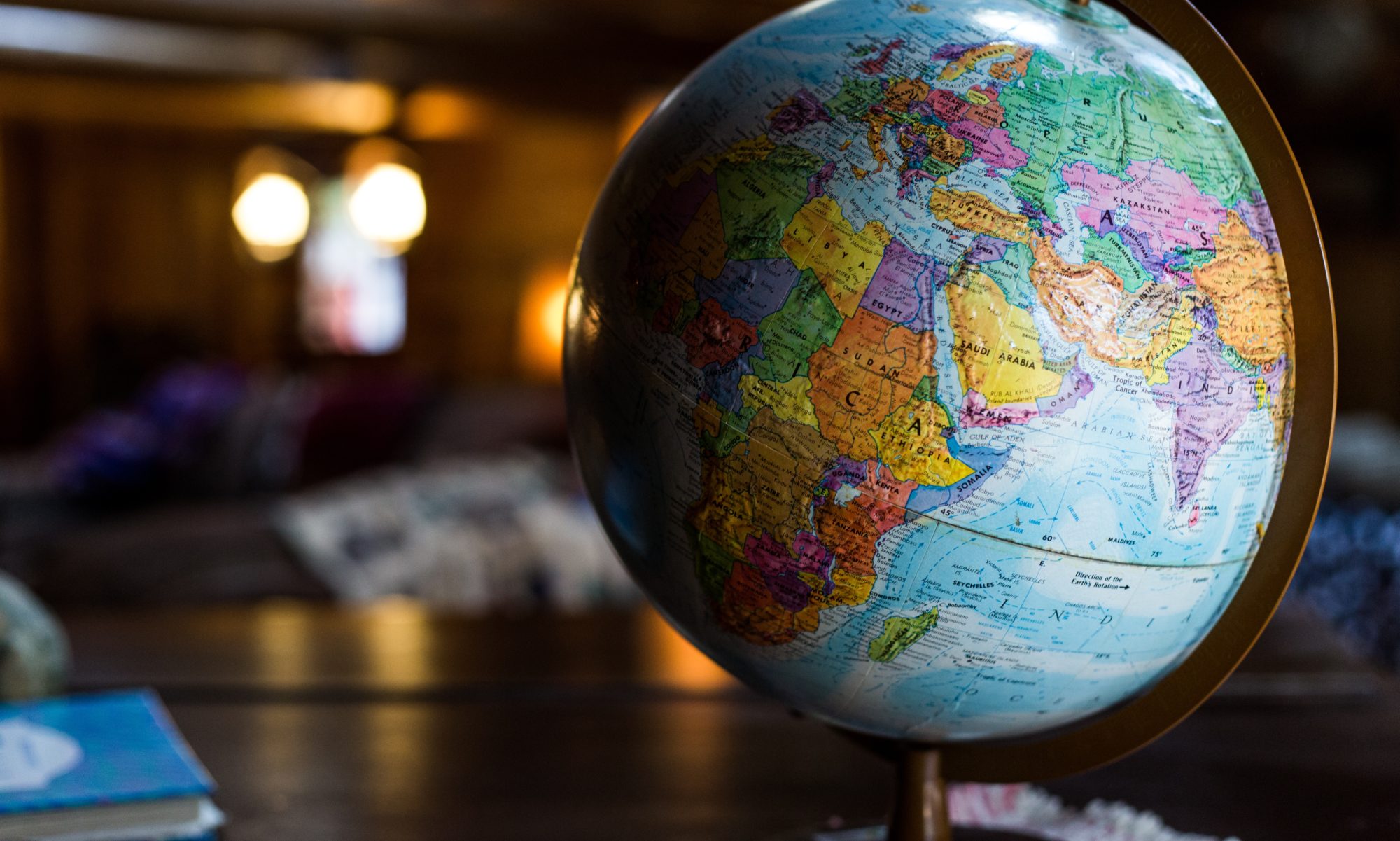One of the things I love about my expat life is its unexpected twists and turns – the extraordinary opportunities that pop up if you’re open to grabbing them.
I had one of those amazing, ‘pinch me, how did I get here’ moments last week. I had lunch with Denise Brown, one of the warmest and most genuine women I’ve met in a long time. You might not have heard of Denise but I’m pretty sure that you will have heard of her sister, Nicole Brown whose ex-husband was O.J. Simpson. Denise was the special guest at Fort Bend Women’s Center first annual Healing and Hope lunch and I was lucky enough to spend time with her ‘backstage’ as well.
I listened to local journalist, Jennifer Bauer, sympathetically and sensitively interview Denise about possibly one of the most celebrated domestic violence cases in the world. It’s been 22 years since Nicole and was murdered and it was clear that Denise and her family are still affected by their grief.
Denise has turned that grief into a passion for raising awareness of domestic violence – a crime that kills 4 women a day in the US. She has lobbied successfully for the Violence Against Women Act and tours the country, visiting shelters and talking, often with raw emotion, about domestic violence.
Something Denise said last week resonated with me – she is very frank about how little she knew and understood about domestic violence until after Nicole’s death.
Three years ago, I didn’t understand those things either. I could have given you a superficial definition of domestic violence, based on not a lot of insight and too much TV drama.
Today I’m grateful for the opportunities to learn that have come from volunteering with Fort Bend Women’s Center. I’ve met the most extraordinary women – women who are rebuilding their lives after abusive relationships; women who won’t be silenced and who are telling their stories.
As Denise said at last week’s event, domestic violence is society’s ‘dirty little secret’. Women who are living with it are too ashamed and broken down by their abuser to tell anyone it’s happening to them, and the fact that few other people want to talk about doesn’t help.
Volunteering with the Women’s Center means that I’ve had to talk about it and write about it and to do that I have had to learn so much. I’ve learned that domestic violence can happen to anyone, regardless of gender, age, education, religion, income. Domestic violence isn’t only about physical violence – it can be emotional, psychological, financial and sexual. It’s complicated and ultimately it’s about coercion, control and the inappropriate exercise of power.
Denise was passionate last week about helping our audience understand that it’s a cycle – the insults, the belittling comments, the chipping away at self-worth. It moves to other forms of control, limiting social relationships, financial independence. Then there’s the violence. And then there’s a honeymoon phase where the abuser is repentant, begs for forgiveness and swears never to do it again.
Until the next time.
Building a life after domestic violence is complicated too. No access to funds, lack of family support, getting back to work, the shame – all of these things can be barriers to leaving and then huge hurdles to getting back on your feet. Some of the women I’ve met in the shelter literally walked in the door with nothing. Then there’s years of being made to believe that you’re worthless to come back from and a range of complex psychological issues to contend with. For some, there are lasting physical reminders too.
Denise was asked last week if she wonders why women don’t leave their abusers. After addressing the practical challenges of being able to leave safely and the need to overcome the feelings of shame and low self-worth, she challenged us to start changing the question. By asking why victims don’t leave, we’re making it their responsibility. She called on us to start making the conversation about understanding and preventing abusers’ behavior – making it about them.
Denise had another challenge for us. She wanted us to tell two people about Fort Bend Women’s Center’s annual Healing and Hope event and invite them to attend next year. As she says, the more we talk, the more we educate, the more we can break domestic violence’s cycle of power and control. The more we talk, the more we can change things for the next generation. The more we talk, the more lives we can save.
As an expat, its hard to predict whether I will be in Texas for next year’s lunch so I’m telling you. Get informed – get educated. Have the hard conversations because there’s every chance that this is happening in your community.
Let’s not keep not keep making domestic violence a dirty little secret.
If you or someone you know is affected by domestic violence and you are in the US, please call the National Domestic Violence Hotline at 1-800-799-723. It is free and confidential and available 24/7, every single day.
You can also visit www.thehotline.org
If you’re in Houston/Fort Bend County and would like to learn more or volunteer, please visit Fort Bend Women’s Center’s website – www.fbwc.org or message me via the blog’s home page.
